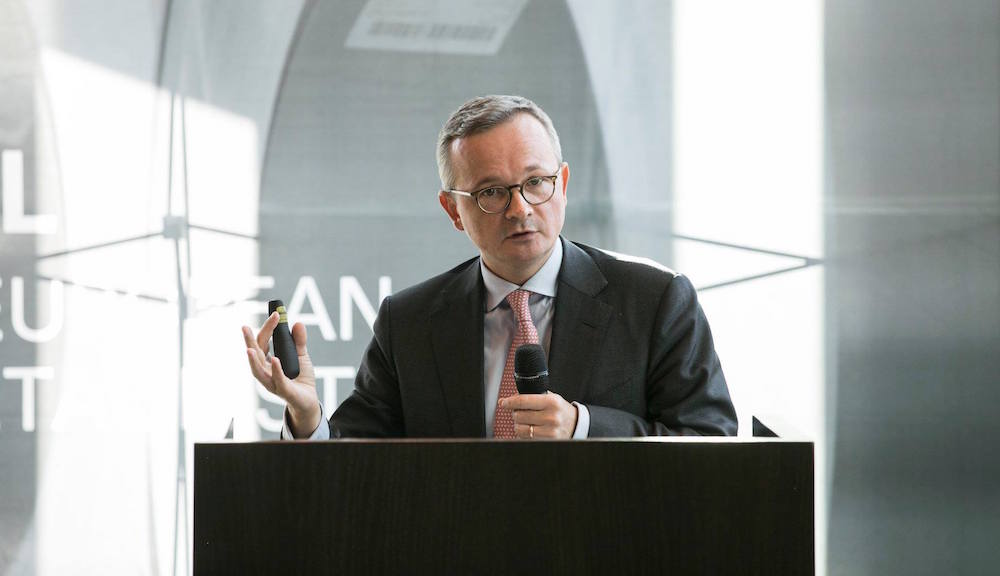Protectionism in the global steel market will likely become stronger, with Canada and Egypt likely to start safeguard cases, participants at the EUROMETAL Steel Net Forum & International Steel Trade Day in Hamburg, Germany, heard on Tuesday October 9.
“We see many investigations taking place, one copying another, a domino effect on many levels, in many cases. We still would not exclude more escalation, as now the speed of protectionism measures is really too fast,” Yuriy Rudyuk, partner at Brussels-based law firm Van Bael & Bellis, told conference delegates. “The protectionist mood prevails.”
Both Canada and Egypt may start safeguard investigations, similar to those already started in the US, Europe and Turkey, participants said.
In August 2018, Canada’s Department of Finance held public consultations and invited all local companies in the steel sector to comment on a global safeguard action against steel imports. The Department of Finance is currently assessing the written submissions to establish whether the safeguard investigation is required or not.
The European Commission (EC) imposed preliminary measures in a safeguard case on July 18, in the form of tariff rate quotas on 23 steel product categories, based on average import volumes over the past three years. Imports will face a 25% tariff if a quota is exceeded. The case was started in an attempt to prevent steel shipments being redirected to the EU as a result of the Section 232 import tariffs imposed by the United States. These provisional measures will also remain in place for a maximum of 200 days.
Despite the start of the safeguard case the EC continues to open new anti-dumping cases. For example, it started an anti-dumping investigation into imported welded steel tubes, pipes and hollow profiles of square or rectangular cross-section, originating from Macedonia, Russia and Turkey in late September this year.
Although the EU safeguard measures exclude imports of steel products from developing countries, the measures might be applied if any of the developing countries excluded from the measures exceed 3% of total imports per product category or if total imports from those countries increases above 9% of total imports.
European steel association Eurofer asked the EC to install a monitoring mechanism that would allow it the EC to make countries subject to the safeguard measures if imports increase and cross the 3% import mark, sources said.
Participants were also concerned about the impact Brexit would have on the UK’s trade defence measures.
The UK will carry out its own trade defence policy, sources said, and will be able to initiate its own anti-dumping and trade defence investigations. UK authorities already assess the measures applied by the EU and whether to keep them in the UK after Brexit. Although, many participants also felt that a majority of the measures in place are likely to remain.

“We will be carrying out the measures currently in place until December 2020. The only change that there may be to that is if there are new investigations, [the UK] government will do their own investigation,” Simone Jordan, chairwoman of International Steel Trading Association (ISTA), said.
In the second half of September, Turkey imposed provisional measures in the form of product-specific tariff rate quotas (TRQs) for imports of flat steel, long steel, iron and steel pipes, stainless steel products and railway equipment. Tariffs of 25% will only be imposed once imports exceed the specific quotas, and the additional payments will be levied for a period of 200 days.
In the meantime, the Eurasian Economic Commission (EEC) has started a safeguard investigation into flat steel imports to members of the Eurasian Economic Union in August this year.
Maria Tanatar, fastmarkets.com






